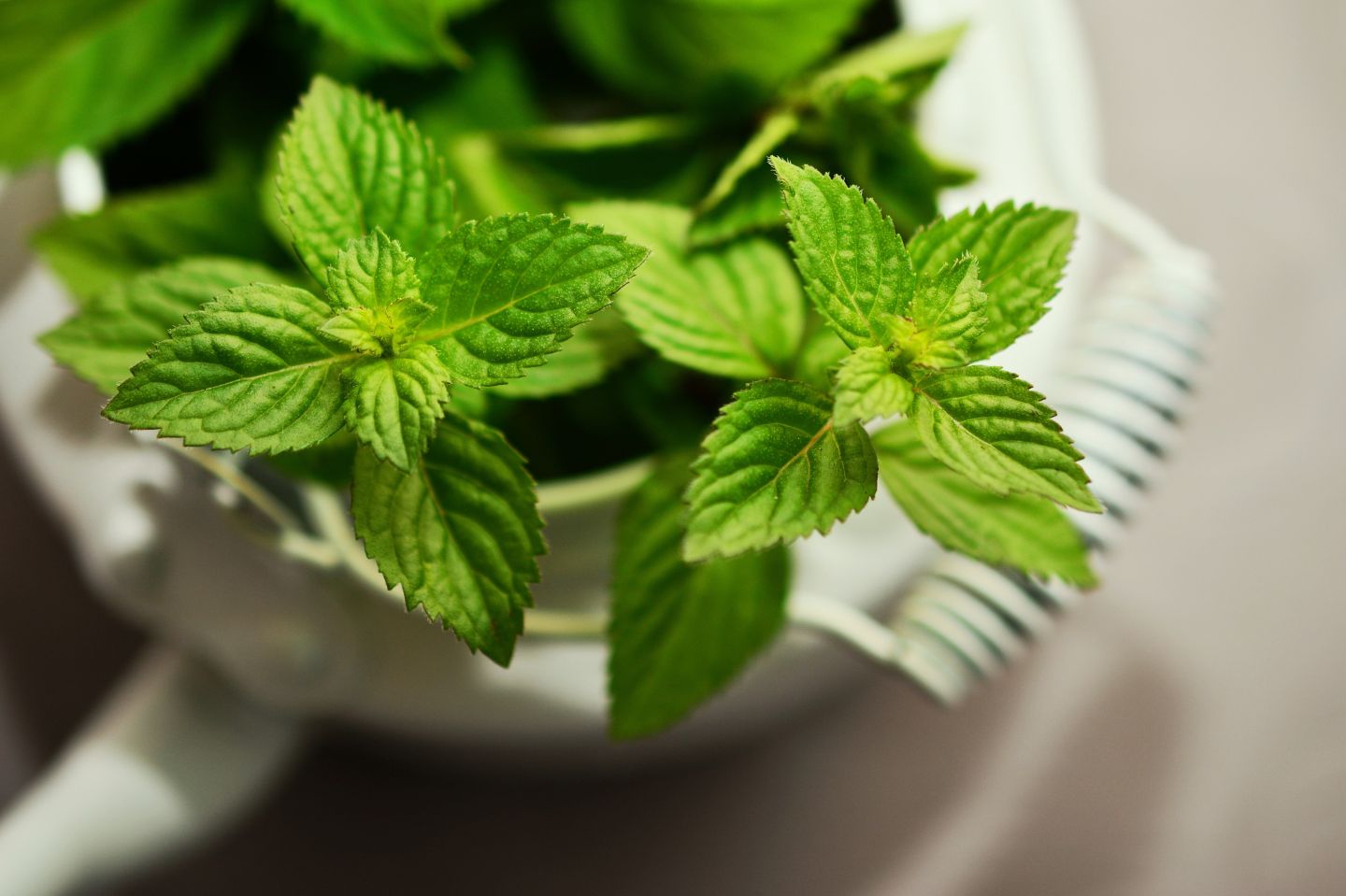Nothing ruins the relaxing ambiance of your home quite like a swarm of gnats or fruit flies buzzing around your houseplants.
While you enjoy surrounding yourself with greenery, you don’t have to tolerate these pests. Certain plants naturally deter these bothersome bugs with aromatic qualities they find unappealing.
In this article, we’ll explore 10 attractive houseplant options that will humanely keep gnats and fruit flies at bay.
From flowering beauties to leafy wonders, we’ve got you covered to enhance your indoor garden with plants that prevent bugs from bugging you. Say goodbye to swatting and let these gorgeous botanicals create a pest-free indoor oasis!
Here are the 10 houseplants that naturally repel gnats and fruit flies:
Basil
This popular herb is not only delicious in your favorite Italian dishes, but it also has the added benefit of repelling gnats and fruit flies. The strong scent of basil is unpleasant to these pests, so they’ll be less likely to hang around your houseplants if you have a basil plant nearby. The essential oil of basil contains compounds called linalool and methyl chavicol, which have insecticidal properties.
Mint
Like basil, mint has a strong scent that gnats and fruit flies find unpleasant. Mint is also a relatively easy plant to grow, so it’s a great option for those who are new to gardening. The essential oil of mint also contains insecticidal compounds, such as menthol and carvone.
Lavender
The sweet and floral scent of lavender is loved by humans, but it’s not so popular with gnats and fruit flies. The essential oil of lavender contains compounds called linalool and lavandulyl acetate, which have insecticidal properties. Lavender is also a beautiful plant that can add a touch of elegance to any room.
Rosemary
The pungent scent of rosemary is another natural deterrent for gnats and fruit flies. The essential oil of rosemary contains compounds called camphor and cineole, which have insecticidal properties. Rosemary is also a versatile herb that can be used in cooking, so it’s a great addition to any kitchen.
Lemongrass
The citrusy scent of lemongrass is another effective way to repel gnats and fruit flies. The essential oil of lemongrass contains compounds called citronellal and geraniol, which have insecticidal properties. Lemongrass is also a popular ingredient in aromatherapy, so it can help to create a relaxing atmosphere in your home.
Marigolds
The bright orange and yellow blooms of marigolds are not only attractive, but they also have the added benefit of repelling gnats and fruit flies. The essential oil of marigolds contains compounds called quercetin and kaempferol, which have insecticidal properties. Marigolds are also relatively easy to grow, so they’re a great option for those who are new to gardening.
Catnip
While catnip is loved by cats, it’s not so popular with gnats and fruit flies. The essential oil of catnip contains compounds called nepetalactone and isopinocamphone, which have insecticidal properties. The strong scent of catnip is unpleasant to these pests, so they’ll be less likely to hang around your houseplants if you have a catnip plant nearby.
Peppermint
Peppermint is another member of the mint family, and it has the same strong scent that gnats and fruit flies find unpleasant. The essential oil of peppermint contains compounds called menthol and menthone, which have insecticidal properties. Peppermint is also a relatively easy plant to grow, so it’s a great option for those who are new to gardening.
German Chamomile
The sweet and earthy scent of German chamomile is not only pleasant to humans, but it’s also effective at repelling gnats and fruit flies. The essential oil of German chamomile contains compounds called chamazulene and bisabolol, which have insecticidal properties. German chamomile is also a medicinal herb that can be used to soothe anxiety and promote relaxation.
Spider Plant
Spider plants are not only attractive houseplants, but they’re also effective at trapping and killing gnats and fruit flies. The sticky leaves of spider plants trap these pests, and the plant’s natural secretions kill them.
Fiddle-Leaf Fig
This large and dramatic plant is known for its glossy, fiddle-shaped leaves. The plant also releases moisture vapor that can help to keep the air around it humid, which can make it less attractive to gnats and fruit flies. The fiddle-leaf fig is also a good air purifier, and its strong scent can help to repel gnats and fruit flies.
Peace Lily
This white-flowered plant is another popular air purifier. The peace lily’s leaves also release a moisture vapor that can help to keep the air around it humid, which can make it less attractive to gnats and fruit flies. The plant’s leaves also release a chemical that can help to repel gnats and fruit flies.
Snake Plant
This hardy plant is known for its ability to thrive in low-light conditions. The snake plant also releases a chemical that can help to repel gnats and fruit flies. The plant is also tolerant of low-light conditions, making it a good choice for indoor spaces.
ZZ Plant
This low-maintenance plant is another good choice for those who don’t have a lot of time for gardening. The ZZ plant also releases a chemical that can help to repel gnats and fruit flies.
Areca Palm
This tall and graceful palm is a popular choice for indoor spaces. The areca palm releases moisture into the air, which can help to keep the air around it humid, which can make it less attractive to gnats and fruit flies.
Additional Tips
Here are some additional tips for using houseplants to repel gnats and fruit flies:
Place the plants near areas where gnats and fruit flies are a problem, such as near fruit bowls or trash cans.
Water the plants regularly to keep the soil moist. Avoid overwatering the plants, as this can create a breeding ground for gnats and fruit flies. Inspect the plants regularly for signs of pests. If you see any pests, remove them immediately. You can also try making your own insecticidal spray using essential oils. Simply mix a few drops of essential oil, such as peppermint or lavender, with water in a spray bottle. Spray the infested plants with the mixture.
By following these tips, you can enjoy the benefits of houseplants without having to worry about gnats and fruit flies.

